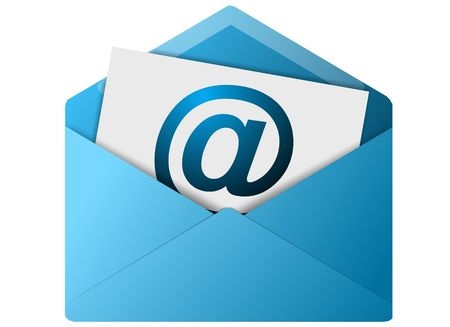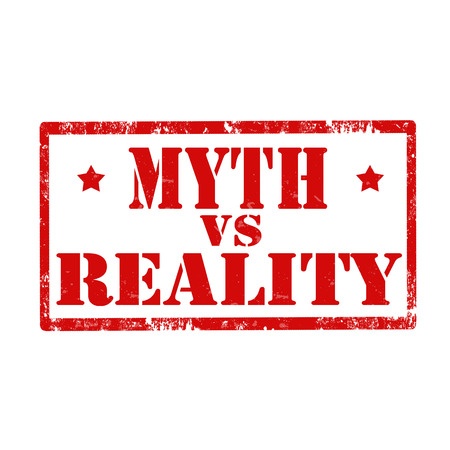Cover Letters and Thank You Notes: Why You Need To Send Them
Do you send cover letters?
How about thank you notes?
If you’re serious about your job search, you should.
I’ve read quite a few posts about cover letters and thank you notes. I’ve written several myself.
If you’re serious about your job search you need to take every opportunity to sell yourself to recruiters and employers.
Yes, an achievement-based resume and compelling LinkedIn profile that demonstrate your value are essential.
But don’t discount the value of cover letters and thank you notes.
How To Write A Compelling Cover Letter – And Why You Need One
Today, there’s a lot of debate as to whether it’s worth it to submit a cover letter with your resume. Some recruiters and hiring managers say they never read cover letters. Others say a candidate’s cover letter can mean the difference between being contacted for an interview and not.
So when you submit your resume sending a cover letter may or may not make a difference.
But in a competitive job market do you really want to take a chance?
Probably not.
Recruiters who say they never read cover letters say that a good resume should stand on its own. That a cover letter is redundant. However, a compelling cover letter can convince recruiters who do read them that you are a viable candidate.
How To Get A Response To Your Email
There are mixed opinions about cover letters. Some recruiters say a solid cover letter can move them to contact a candidate. Others say they never read cover letters.
Since you don’t know what a recruiter might do, the best bet is to always send one.
Thank you notes are different. The majority (80%) of hiring managers say a candidate’s thank you note is helpful with 22% saying very helpful and 58% saying somewhat helpful according to a 2017 survey by Accountemps.
So, it seems that sending thank you notes is a must. Despite that HR managers report that only 24% of candidates send them.
Just as with a resume, content is KING in your cover letters and thank you notes. You need to demonstrate your value as it relates to the employer. In essence, what you can do for them.
But it’s important to pay attention to the little things too.
6 Common Job Search Myths (And How To Shatter Them)
There’s a lot of career advice online. I’ve certainly written my share. Despite all the easily accessible career information, several myths seem to remain.
The most obvious is that the best way to find a job is to apply for as many employment ads as possible. It’s not. Spending all day working the job boards is unlikely to land you a job.
Creating a list of target employers and strategically networking your way into the company will yield better results.
Here are 6 common job search myths that continue to persist.
#1 You can’t get a job through social media.
While you may not get hired by sending a tweet, employers are increasingly turning to social media for recruiting purposes. Corporate and contingency recruiters have been on social media for years. Many post jobs on LinkedIn, Facebook, and even twitter.
20 Steps To Better Business Writing
Strong marketing documents can help you get in the door. But, as you know, they are not that easy to write. So, before you spend an hour composing a cover letter, spend ten minutes reading the following proofreading and style tips.
While these guidelines will help with your resume, cover letter, and LinkedIn profile, following them will improve all your written communication. Always represent yourself in the best possible light.
Here are 20 steps to the write stuff.





